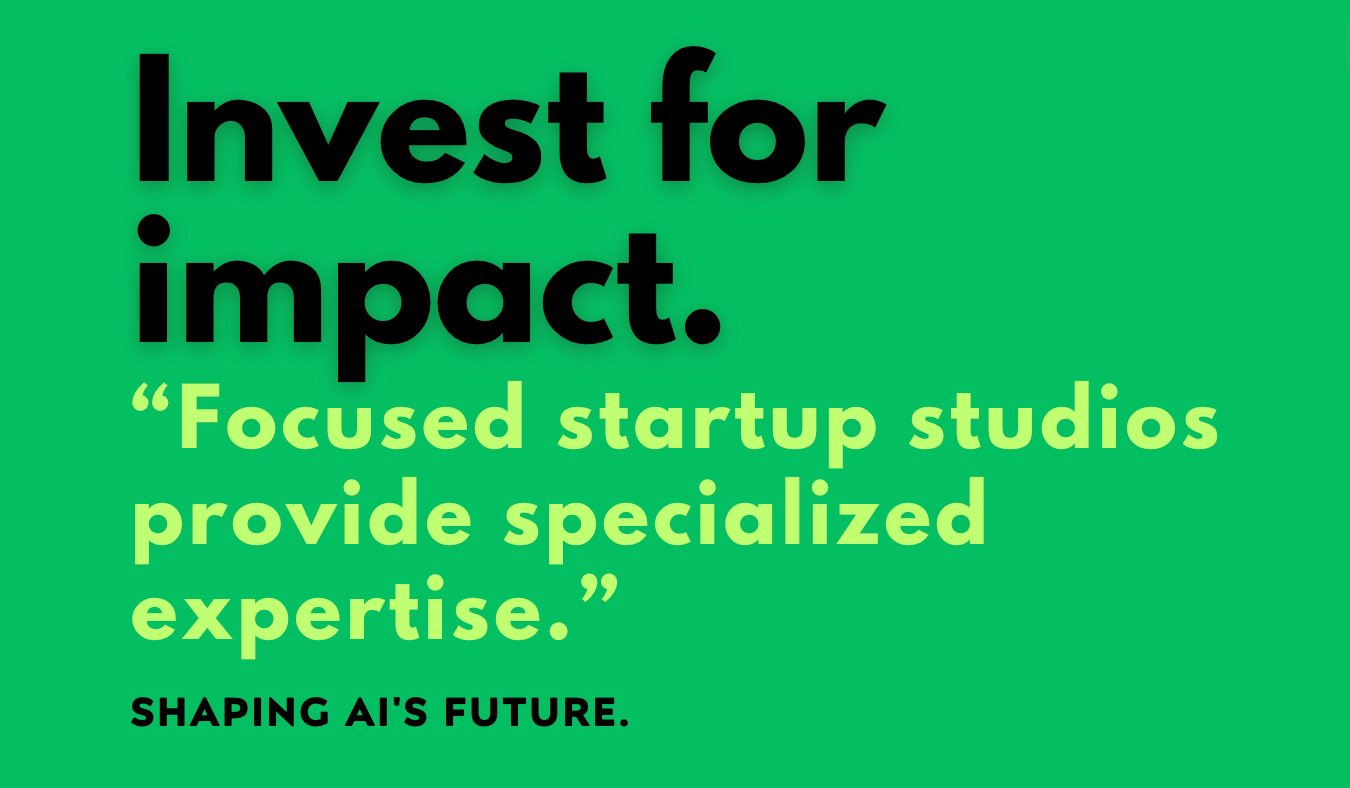Welcome to Silicon Sands News. We're Silicon Sands Studio and 1Infinity Ventures, are excited to present our latest edition on how responsible investment shapes AI's future, emphasizing the OECD AI Principles.
We're not just investing in companies—we're investing in a vision where AI technologies are developed and deployed responsibly and ethically, benefiting all of humanity. This approach promises superior financial returns and a more equitable, sustainable, and prosperous world.
Our mission goes beyond mere profit—we're committed to changing the world through ethical innovation and strategic investments.
We're diving deep into a topic reshaping the landscape of technology and investment: The value of AI-focused startup studios and their impact on the AI ecosystem.
I would also like to share that my Op-Ed for Wired was published today.
TL;DR
Startup studios are versatile entities spanning the entire startup development spectrum, combining elements of venture funds, accelerators, incubat…
Keep reading with a 7-day free trial
Subscribe to Silicon Sands News to keep reading this post and get 7 days of free access to the full post archives.





